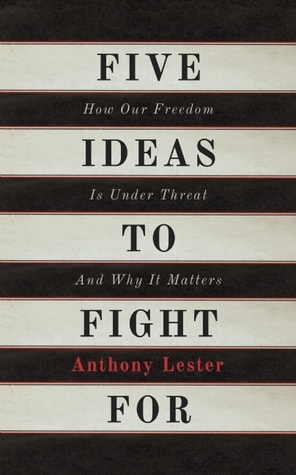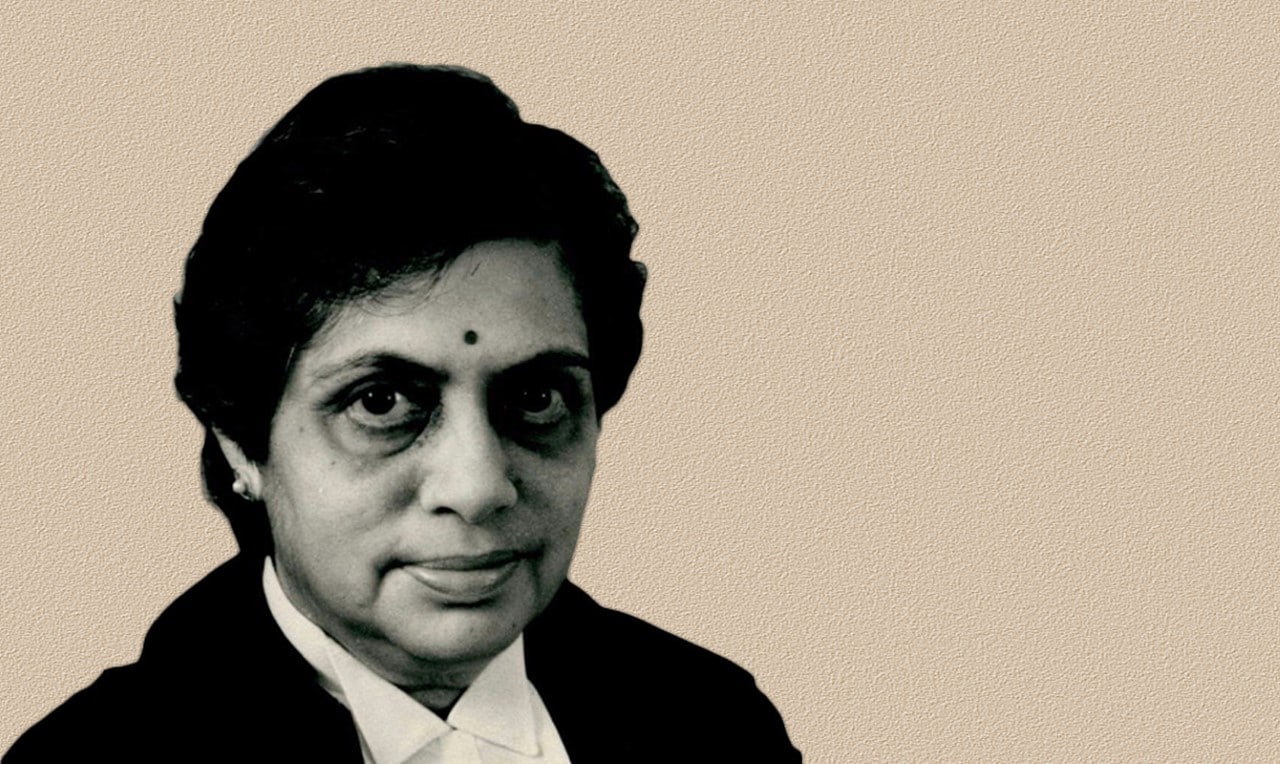
The Supreme Court has had only six women judges since India became a Republic in 1950. The first one was appointed 39 years after the Supreme Court came in existence. The second, Justice Sujata Manohar, had a career of many firsts spanning four decades.
The Elphinstone College and Oxford-educated Justice Manohar began her career as a lawyer at the Bombay Bar in 1958. An expert in corporate law, she served as an additional government pleader before becoming the first woman judge of the Bombay High Court. What made the achievement even more special was that she was only 44 years old at the time. She went on to become the first woman Chief Justice of the Bombay High Court and then the Kerala High Court. After having served as a high court judge for 16 years, she was elevated to the Supreme Court where she served until she retired in 1999.
Justice Manohar was part of the bench which laid down the draft guidelines that defined what constituted sexual harassment at workplace in what is popularly referred to as the Vishakha case.
She shared some of her favourite books with BloombergQuint.
For Troubled Times

Five Ideas to Fight For by the senior British counsel Anthony Lester (Queen's Counsel) is a book that Justice Manohar recommends highly. The book addresses “how our freedom is under threat and why it matters?” The book puts human rights, equality, free speech, privacy and the rule of law in fresh perspective. Historical context, the evolution of these rights, the geopolitical factors threatening them, how and why they are important, and what one can do to preserve them form part of a powerful argument urging action. Lord Lester's personal involvement as an advocate of these rights makes the book anecdotal and lucidly illustrates “the challenges that we face in ensuring that they are not obliterated”, she said.
We live in strange times. The civilised world attempts to set up systems that support human rights and punish their violation. At the same time, the worst forms of attack on human rights – on all values of a just, fair and civilised society – are perpetrated repeatedly by terrorists. Against this backdrop, I found Anthony Lester's recent book on ‘Five Ideas to Fight For' very inspiring.Justice Sujata Manohar

A Brother Judge's Work
Justice Manohar was moved by The Strange Alchemy of Life and Law by anti- apartheid-campaigner-turned judge Albie Sachs. The book offers rare insights into the author's life, including the years of torture, confinement and abuse by a government he stood up to for the cause of human dignity. The judge who taught law for 22 years as an exile, first in England and then in Mozambique, lost an arm and an eye when South African agents set off a bomb in his car in Maputo, the capital of the east African nation.
Sachs, who played a role in drafting South Africa's post-apartheid constitution, was appointed a judge of South Africa's first Constitutional Court by Nelson Mandela. In a candid narrative detailing the inner workings of the Truth and Reconciliation Commission and the impact of personal experiences on objective judicial decision making, the book also deals extensively with human dignity and why it's important to fight for.
It is an amazing story of an extraordinary judge.Justice Sujata Manohar
All-Time Favourite
Justice Manohar said that her all-time favourite was a collection of essays by Canadian economist, political scientist and satirist Stephen Leacock. The pre-eminent humourist of the early twentieth century, who was known for his sharp and uncanny witticisms, wrote on a range of subjects – especially popular were his pieces on the human condition and their fallibility. Justice Manohar said that she read and re-read a book titled Laugh With Leacock to restore her ability to see things in perspective. Surprisingly, Leacock's political leanings were antithetical to the values Justice Manohar stands for. He was known to have been a conservative who was against women having a vote.
Essential Business Intelligence, Continuous LIVE TV, Sharp Market Insights, Practical Personal Finance Advice and Latest Stories — On NDTV Profit.























